Government, Politics & Law
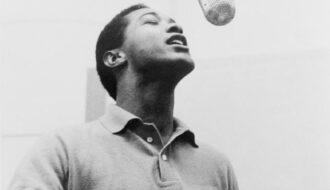
“A Change Is Gonna Come”
Sam Cooke wrote the civil rights anthem “A Change Is Gonna Come” after encountering racial discrimination while on tour in Shreveport.

Sam Cooke wrote the civil rights anthem “A Change Is Gonna Come” after encountering racial discrimination while on tour in Shreveport.
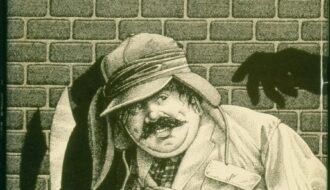
Despite the difficulties John Kennedy Toole faced while trying to publish A Confederacy of Dunces, the novel went on to win the Pulitzer Prize for Fiction and sell more than two million copies.

In 1947 playwright Tennessee Williams premiered A Streetcar Named Desire, a critically acclaimed theatrical work that won the Pulitzer Prize for Drama in 1948.

A talented and prolific Louisiana architect, A. Hays Town shaped the residential architecture in mid-to late twentieth-century Louisiana.

An acclaimed scholar and photographer, A.J. Meek has been documenting life in Louisiana since 1977.
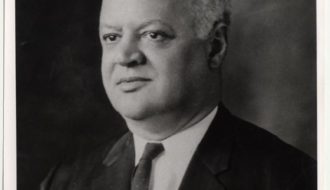
A. P. Tureaud was a key legal activist in an era of vigorous challenges to Jim Crow in twentieth-century Louisiana.
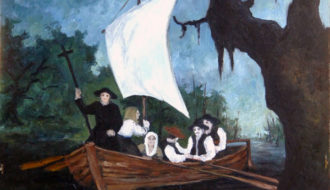
The Acadians, ancestors of present-day Cajuns, were people of French ancestry who settled in what is now Canada before migrating to Louisiana.

The diatonic button accordion is a prominent and distinguishing feature of Cajun music, first imported to Louisiana from Europe in the late nineteenth century by German Jewish immigrants.
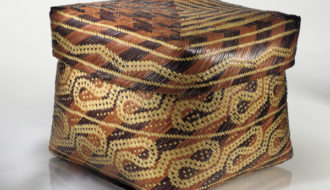
Ada Thomas was one of few remaining weavers of traditional Chitimacha split-cane, double-weave baskets.

New Orleans artist Adrian Deckbar's photo realistic paintings are based on the landscape that surrounds her and often portray Louisiana swamps and wetlands.
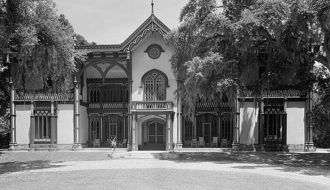
Only the gardens and fragments of foundations survive from the fire that destroyed the Afton Villa plantation house in 1963.

Al Hirt was a New Orleans trumpeter and bandleader was one of the most successful instrumental recording artists in the 1960s.
One-Year Subscription (4 issues) : $25.00
Two-Year Subscription (8 issues) : $40.00
